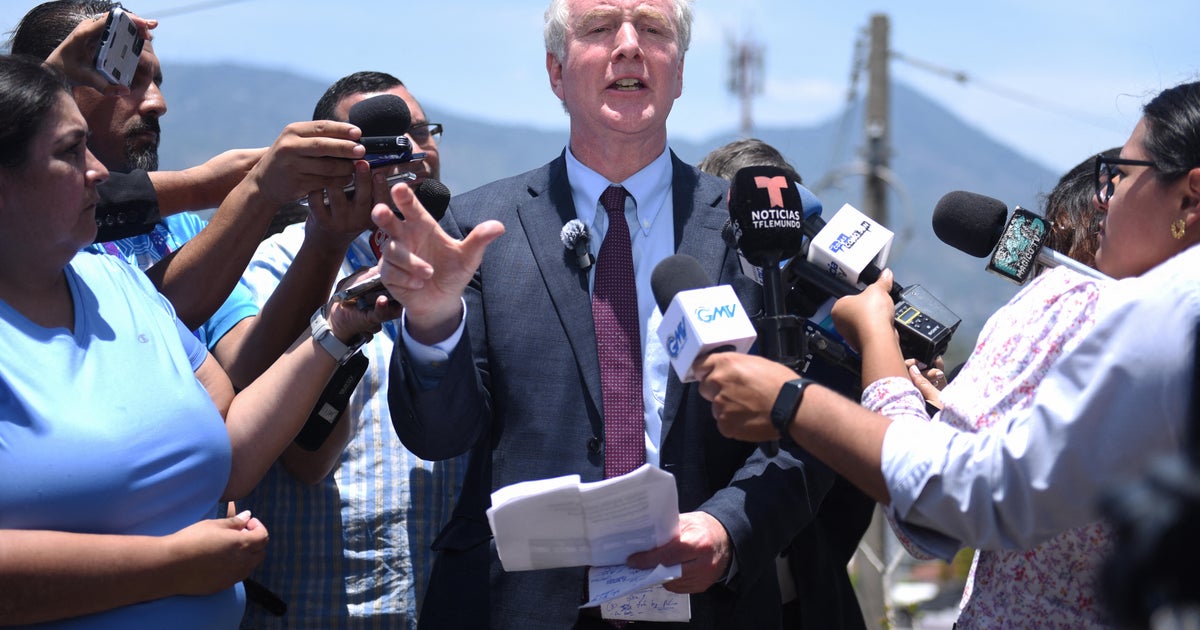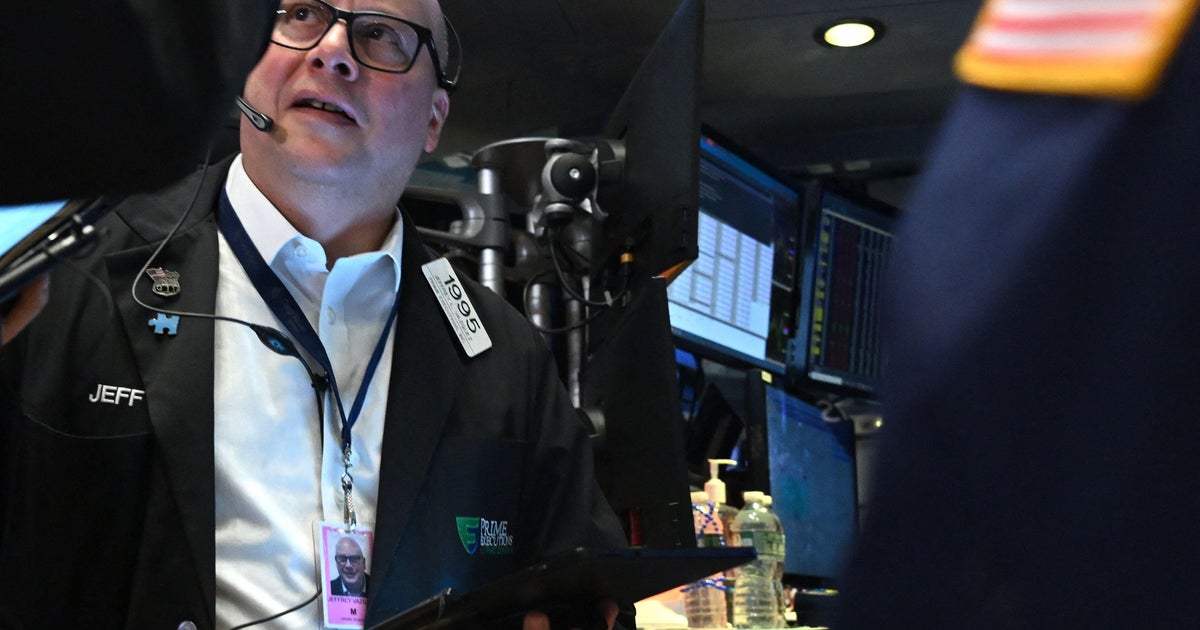Maryland Sen. Chris Van Hollen returned from his trip to El Salvador Friday after meeting with Kilmar Abrego Garcia, the man who was deported due to an administrative error.
Van Hollen traveled to El Salvador on Wednesday, April 16, to check on Abrego Garcia’s health, a month after he was deported to a Salvadoran supermax prison.
During his trip to El Salvador, Van Hollen initially faced challenges when trying to coordinate a meeting with Abrego Garcia, as he remains in custody at the country’s Terrorism Confinement Center, or CECOT.
On the first day of his trip, the senator met with Salvadoran Vice President Félix Ulloa, who denied Van Hollen’s request for a meeting or phone call with Abrego Garcia.
“When I met with the vice president of El Salvador, I asked him not to be complicit in the Trump administration’s law-breaking in the United States of America and to release Mr. Abrego Garcia,” Van Hollen said during a news conference.
On Thursday morning, Van Hollen said he had been turned away from a military checkpoint near CECOT by soldiers who had been ordered not to let him proceed.
However, on Thursday evening, the senator confirmed he met with Abrego Garcia, sharing a photo of their meeting at what appeared to be a restaurant.
“I have called his wife, Jennifer, to pass along his message of love,” Van Hollen said in a social media post.
The president of El Salvador Nayib Bukele shared photos of the meeting as well, saying Abrego Garcia, “gets the honor of staying in El Salvador’s custody.”
Senator Van Hollen previously expressed that the goal of his trip was to check on Abrego Garcia’s health and well-being.
Van Hollen said he asked Albrego Garcia how he was dealing with his circumstances.
“He said that thinking of you, members of his family, is what gave him history to persevere, to keep going day to day, even under these awful circumstances,” Van Hollen recounted.
During their conversation, Albrego Garcia described his experience in CECOT.
Albrego Garcia said that after he was detained by ICE officials, he was then taken to a Baltimore detention center, and then moved again to another facility in Texas.
“I don’t know whether it was period hours or days, he was handcuffed, shackled, and put on a plane, along with some others, where they couldn’t see out of the windows. There was no way to see where they were going in the plane, they didn’t know for sure where they were going. They landed in El Salvador,” Van Hollen said.
After arriving at the prison, Albrego Garcia was placed in a cell with about 25 other prisoners.
“He was traumatized by being at CECOT and fearful of many of the prisoners in other cell blocks who called out to him and taunted him in various ways, he told me,” Van Hollen said.
Abrego Garcia is an El Salvador native who entered the U.S. illegally in 2011.
He was taken into custody by U.S. Immigration and Customs Enforcement (ICE) agents in March as he was leaving his job in Baltimore.
He and about 200 other migrants were transported to CECOT in El Salvador by plane at the direction of the Trump administration.
His deportation sparked a legal battle as he was under a protection order granted by an immigration judge in 2019. The “withholding of removal” order should have prevented him from being deported to El Salvador.
ICE officials admitted in a court filing that Abrego Garcia’s deportation occurred because of an administrative error, though they did not move to correct the mistake.
The legal proceedings are still playing out in federal court after the Trump administration was ordered by a federal judge and later by the Supreme Court to facilitate Abrego Garcia’s return to the U.S.
Abrego Garcia does not have a criminal history.
The Trump administration continues to claim that Abrego Garcia is a member of the transnational MS-13 gang. Abrego Garcia’s attorney and family have denied the allegations.
“They are trying to make this case all about MS-13, when in fact, the judge in the case has said they have not provided substantial or any significant evidence to back up their claim,” Van Hollen said Thursday.
The allegations of Abrego Garcia’s connection to MS-13 stem from his arrest in 2019. Court documents show that Abrego Garcia was arrested outside of a Home Depot with three other men, at least two of whom had suspected gang ties.
According to his attorney, Abrego Garcia was soliciting work outside of the store when police showed up and began questioning the men about gang affiliations.
According to the court documents shared by Attorney General Pam Bondi, a detective recognized one of the men in the group as an MS-13 gang member with a criminal history.
Detectives indicated in their report that a second man had tattoos that were “indicative of the Hispanic gang culture.”
After interviewing Abrego Garcia, police noted that he was wearing a Chicago Bulls hat and hoodie with symbols that they said were also indicative of gang culture. A source police had previously used also reported that Abrego Garcia was an active MS-13 member, according to court documents.
He was subsequently arrested and he later appeared in court, where a U.S. immigration judge granted him the “withholding of removal” order and a work permit.




